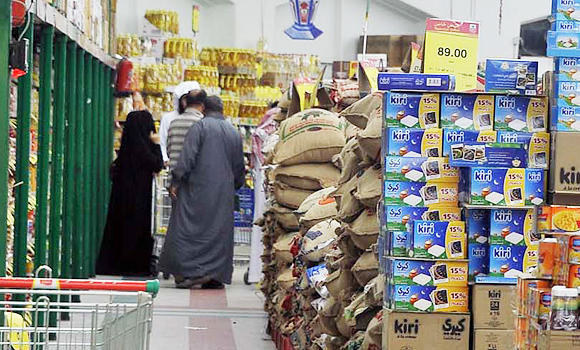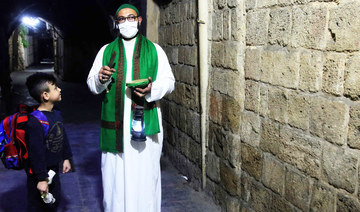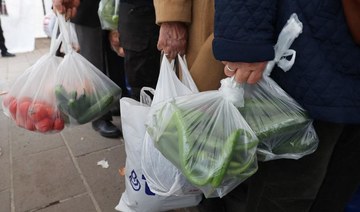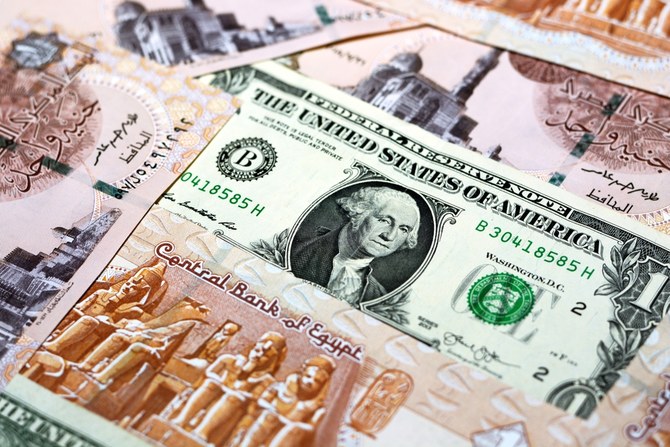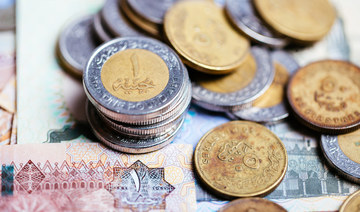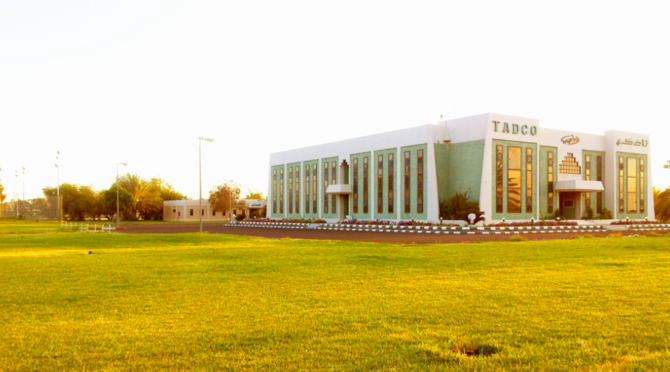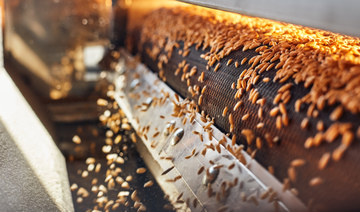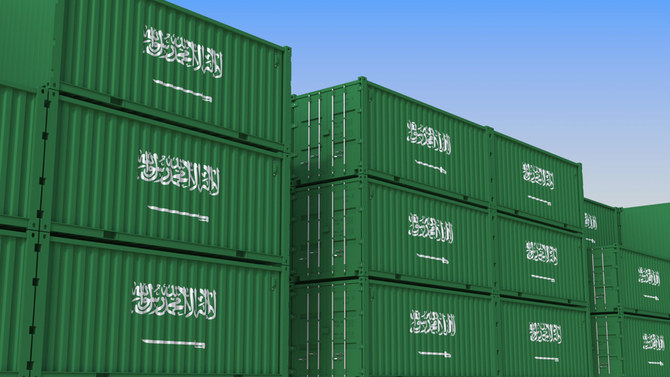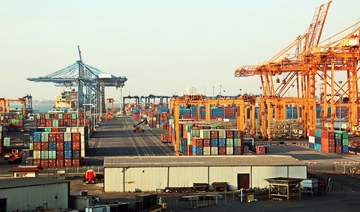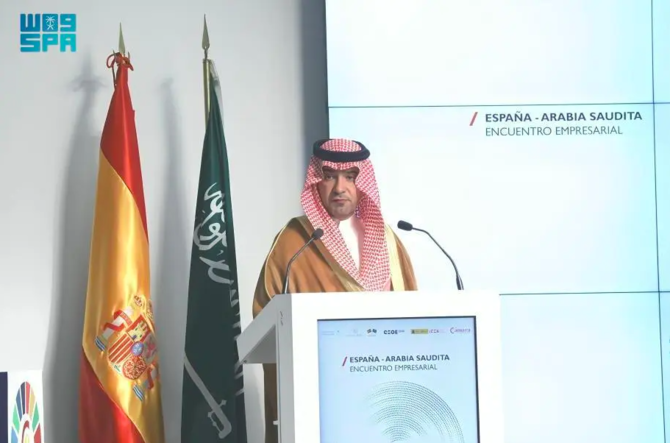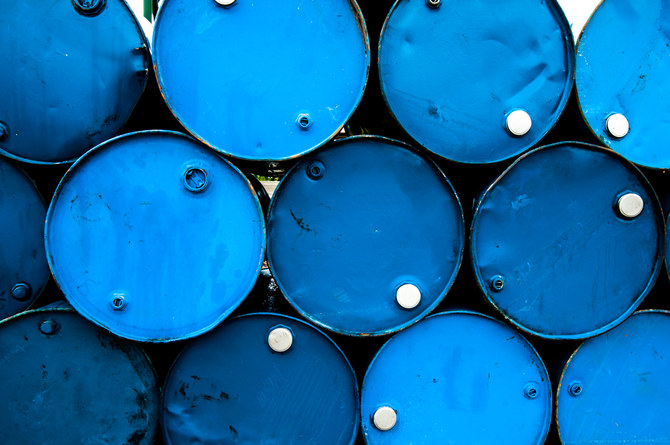RIYADH: Spanish investments in Saudi Arabia have surpassed $3 billion in the last 10 years, with bilateral relations contributing to the development of vital sectors, according to a top official.
The Kingdom’s Minister of Municipal, Rural Affairs, and Housing, Majed Al-Hogail, witnessed the start of the Saudi-Spanish Business Forum on April 17, which was organized by the Council of Saudi Chambers and the Saudi-Spanish Business Council.
Al-Hogail highlighted in his opening address that the bilateral relations between the Kingdom and the European country over the last 70 years have resulted in favorable outcomes, fostering development, investment, and advancements in various sectors such as construction, civil engineering, finance, energy, and water desalination, as reported by the Saudi Press Agency.
He explained that bilateral investments are booming, with Spanish finding into the Kingdom surpassing $3 billion in the last decade, 40 percent of which is in real estate.
The forum, held in Madrid, highlighted Saudi-Spanish financial opportunities and enhancing partnerships in areas of construction technologies, smart cities, and urban planning.
The minister underscored the forum’s role in exploring investment prospects and enhancing cooperation and effective partnerships, particularly in municipal and housing sectors.
He emphasized that Saudi Arabia and Spain are experiencing rapid developmental advancements, making investment and trade exchanges increasingly attractive.
Al-Hogail stressed the importance of ongoing cooperation and expertise exchange in this crucial sector, stating that the Kingdom welcomes collaboration with successful international partners and leveraging their expertise.
He also announced the signing of a real estate development agreement with a Spanish development company to implement residential units within integrated communities and suburbs, aiming to raise the homeownership rate to 70 percent by 2030.
He expressed the ministry’s eagerness to strengthen partnerships with developers and investors in the construction, roads, recycling, engineering, and consulting sectors.
Following the forum, attended by Princess Haifa bint Abdulaziz Al-Mogrin, the ambassador to Spain, and Khalid Al-Hogail, president of the Saudi-Spanish Business Council, the minister convened with Teresa Ribera, Spain’s deputy prime minister and minister of ecological transition and demographic challenge.
They discussed cooperation in urban development, urbanization, and the utilization of artificial intelligence technology in sustainable city building, as reported by SPA.
Al-Hogail highlighted Saudi Arabia’s efforts to improve standards in municipal and housing undertakings, including the “Bahja” project, which aims to enhance the quality of life in Saudi cities, and the “Green Suburbs” initiative, which strives to plant more than 1.3 million trees in 50 residential areas.
Al-Hogail also met with the President of the Spanish Association of Infrastructure Contractors and Concessionaires, Julian Nunez, to review prominent investment opportunities in the Saudi real estate sector.
During a three-day visit prior to the forum, minister Al-Hogail met with executives from leading Spanish companies to explore collaboration opportunities.
The tour is part of the Kingdom’s broader initiative to foster international partnerships that enhance its urban and infrastructure capabilities, SPA reported.



